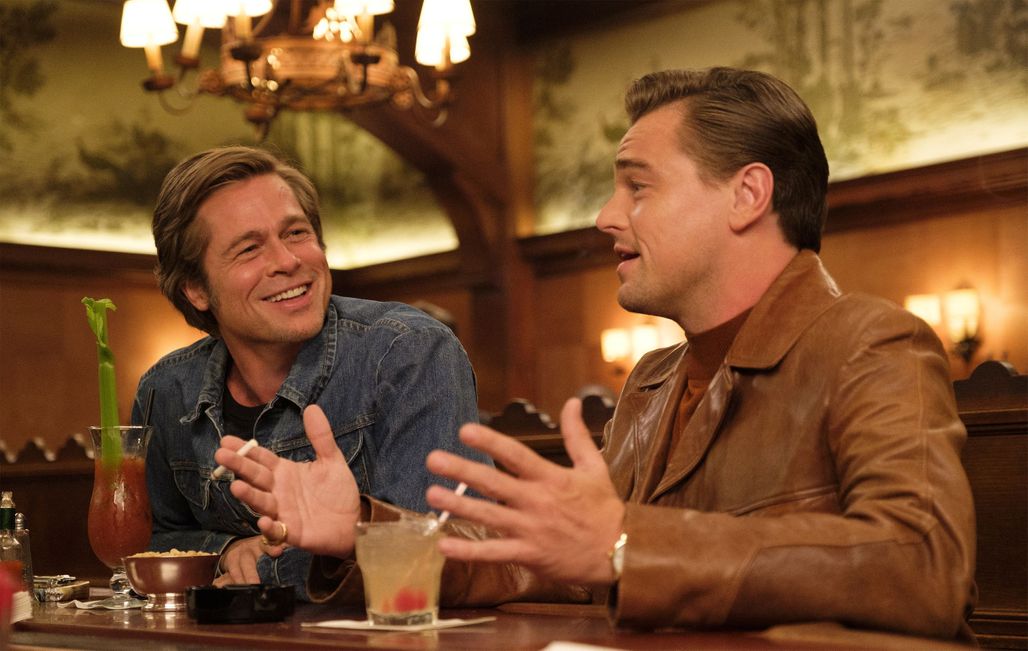
Once Upon a Time… vintage Hollywood, Tarantino-style

Los Angeles under a flaming sunset, rows of towering palm trees swaying in the breeze. Once Upon a Time... in Hollywood, Quentin Tarantino's latest masterpiece, is imbued with the aesthetics of the City of Angels' inimitable glamour. Set in 1969, this Hollywood pastiche is the filmmaker's ode to the city of his childhood years, and inevitably stars Leonardo DiCaprio and Brad Pitt as Rick and Cliff, inspired by the life of Burt Reynolds.
The Hollywood Hills at the height of the hippie movement: Quentin Tarantino was six years old in 1969, and the Los Angeles he once knew is no more. But rather than nostalgic reminiscing, the filmmaker brings us a living, breathing snapshot of a time gone by: the end of the 1960s, when psychedelic comedies reigned supreme in Hollywood. Rick Dalton (Leonardo DiCaprio), a former Western TV star, and Cliff Booth (Brad Pitt), his long-time stunt double, really did exist. Tarantino was inspired by the well-known friendship that blossomed between the star of Deliverance (1972) and Boogie Nights (1997) and his stunt double, Hal Needham.
Once Upon a Time… in Hollywood marks Quentin Tarantino's hotly anticipated return. The director's talent for razor-sharp dialogue was revealed in Cannes in 1992 with Reservoir Dogs, followed by Pulp Fiction, which won the Palme d’or in 1994, Kill Bill 2, out of Competition in 2004, Death Proof, and Inglourious Basterds, in Competition in 2007 and 2009. The film's ultra-sixties soundtrack sets the tone.
As for the rest, in a letter published to his new film's Twitter account, Quentin Tarantino says: "I love Cinema. You love Cinema. It's the journey of discovering a story for the first time. I'm thrilled to be here in Cannes to share "Once Upon A Time… In Hollywood" with the festival audience. The cast and crew have worked so hard to create something original, and I only ask that everyone avoids revealing anything that would prevent later audiences from experiencing the film in the same way."


